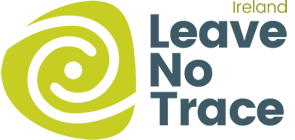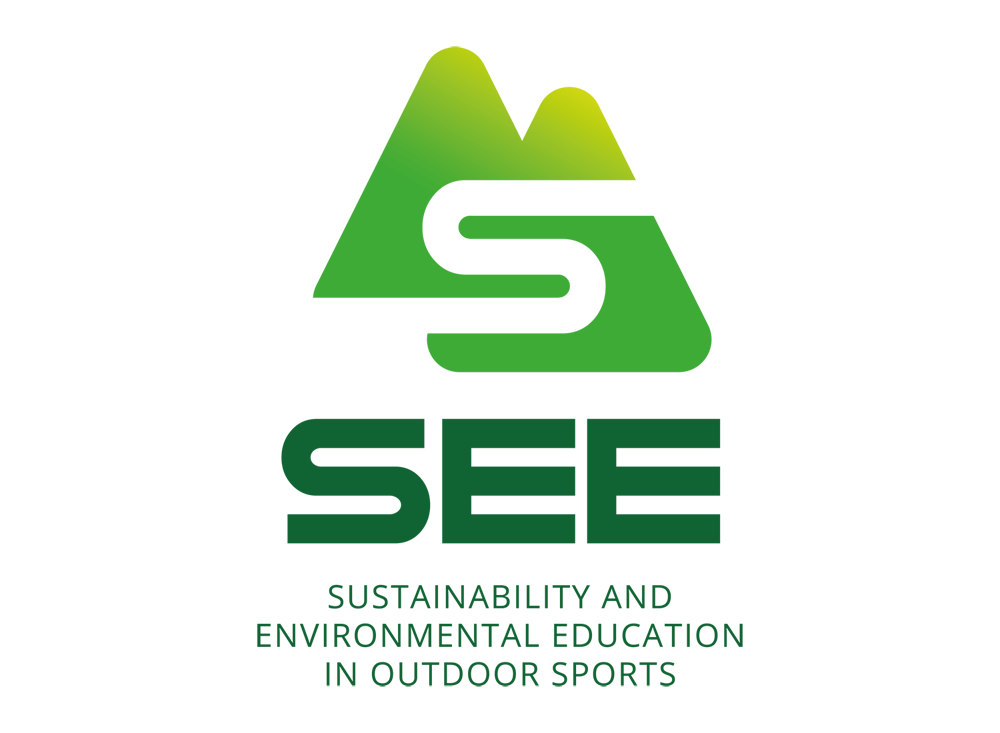The European White Paper on Sport (2007) highlights that “sport makes an important contribution to economic and social cohesion and more integrated societies”. However, it also highlights that “the practice of sport, sport facilities and sport events all have a significant impact on the environment. It is important to promote environmentally sound management, fit to address inter alia green procurement, greenhouse gas emissions, energy efficiency, waste disposal and the treatment of soil and water. European sport organisations and sport event organisers should adopt environmental objectives in order to make their activities environmentally sustainable.”
Outdoor sports have a real potential to have an extremely high impact on the environment yet can also really engage and connect people with the environment. This project is focused on developing mechanisms to train instructors, guides, and leaders on how to communicate good environmental practices and ethics and thereby reduce this impact.
Furthermore, the new European Green Deal highlights that environmental responsibility is now rightly at the core of European thinking and this project recognises the needs to promote sustainability in outdoor sports.
Finally, there is a recognition that if participation in outdoor sports continues to grow and more people access natural and protected areas – it is imperative that they understand how to mitigate and minimise any impacts. Failure to do so could result in restrictions or exclusion and the benefits that can be accrued through outdoor sports would not be realised, while the opportunities for more people to participate in such health enhancing physical activity could be diminished.

